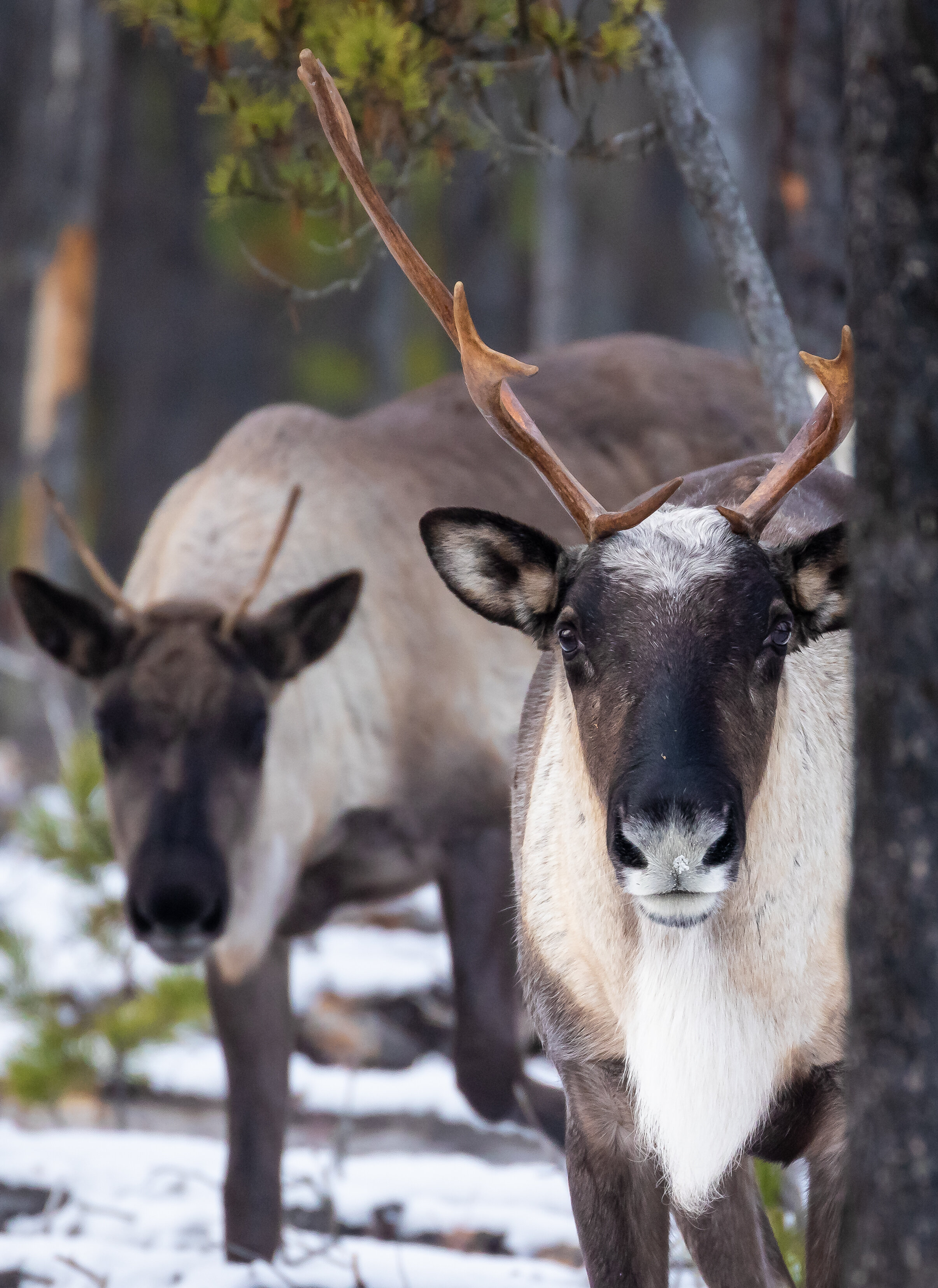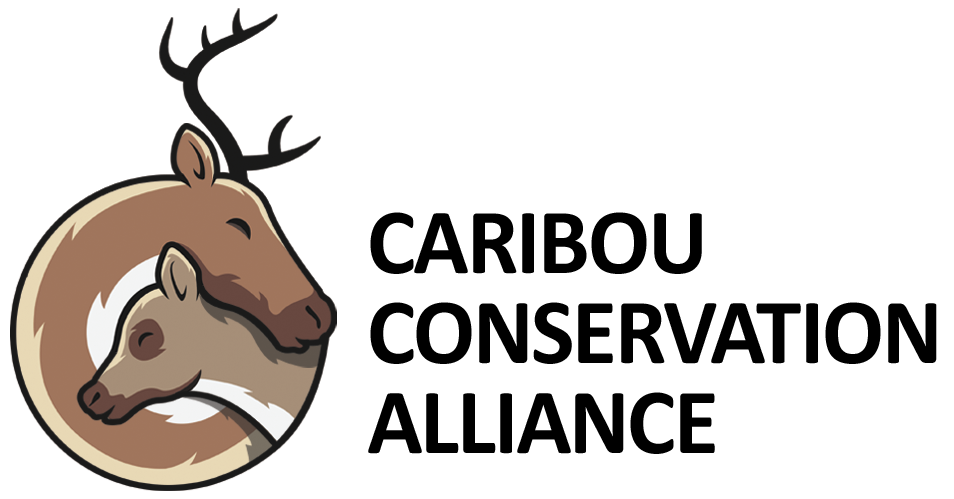
KALISPEL TRIBE
+ Who we are
The Kalispel have used their heritage and culture combined with modern understanding and technology to form their philosophy for managing and conserving natural resources.
The traditional homeland of the Kalispel surrounding the Pend Oreille River includes the mountains, river, lakes and prairies that stretch from Lake Pend Oreille in North Idaho to where Paradise, Montana now stands and northwestward across northeastern Washington to the mouth of the Salmo River, just over the international border in British Columbia.
The Kalispel Tribe’s Natural Resource Department (KNRD) was established in 1992 with 4 employees. Currently, we average 35 full time employees that work on forestry, wildlife, fisheries, cultural resource management, air and water management. KNRD’s fundamental challenge is to provide tribal members with an opportunity to engage in the same cultural practices as their ancestors. This is a formidable task for a host of reasons, not the least of which is the Kalispel Tribe’s diminished land base. Since the Tribe’s interest in natural resources extends beyond the limits of its regulatory authority, KNRD’s success depends on its ability to work effectively with other natural resources managers. A tribal elder coined the term “collaborative sufficiency” to describe this method of engagement, and this is what KNRD strives to create with its diverse conservation partners.
To learn more about the Kalispel Tribe, visit kalispeltribe.com.
+ How the KNRD is involved in conservation breeding
Recently, caribou have been extirpated from the Lower 48 and that has left us in a supporting role to the important southern mountain caribou recovery work that is occurring in British Columbia. We are also working diligently to protect the remaining caribou habitat in the lower 48 until they can again roam the Selkirks.
+ Why the KNRD supports caribou conservation breeding
KNRD hopes to one day reintroduce southern mountain caribou to the Selkirk Mountains in NW Idaho and NE Washington. In order for this to happen, there needs to be healthy herds of southern mountain caribou in British Columbia.

